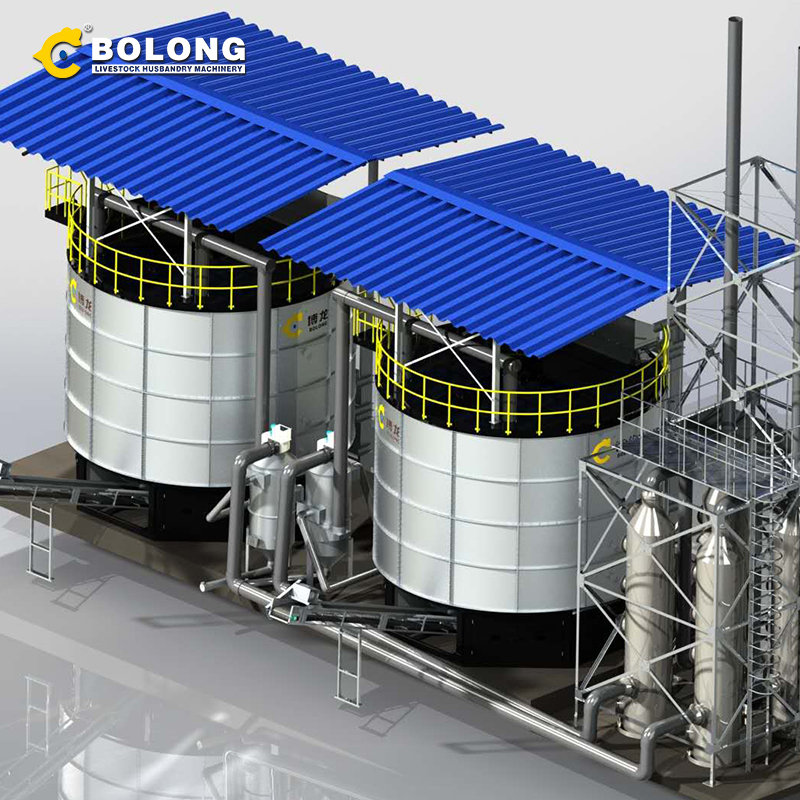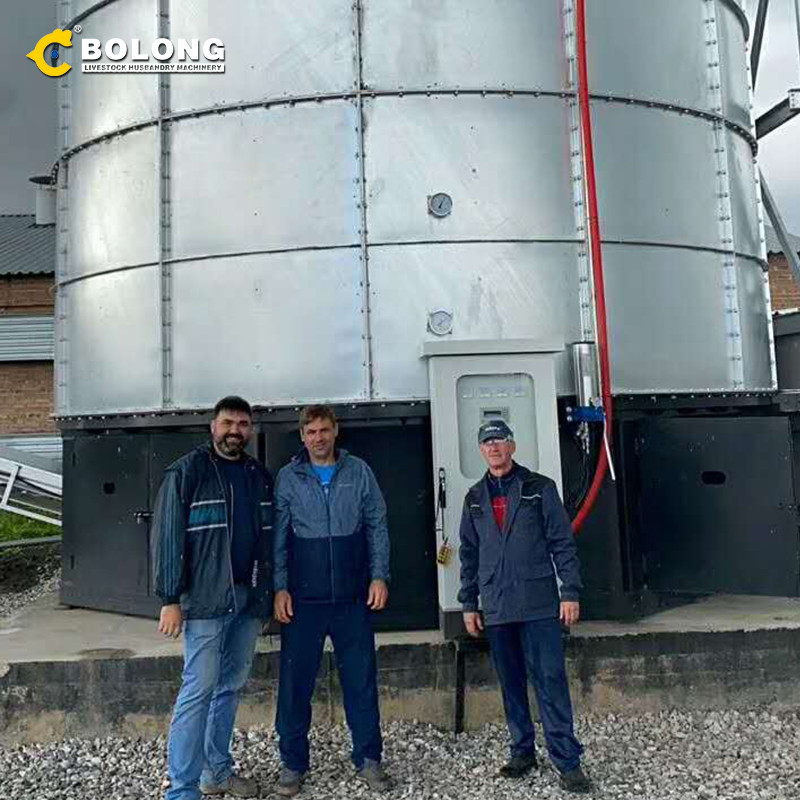
2023/9/26/ · The GreenAcres Foundation in the Cincinnati, Ohio area is a multifaceted community nonprofit organization focused on regenerative organic farming and community education. For more than 30 years, it has been investing in programs including grass-fed beef and poultry, no-till organic vegetable production and equine programs.

2024/3/21/ · Size. The size of each bin should be at least a cubic yard. That means it should measure 3 feet long, 3 feet wide, and 3 feet deep. This is the amount of bulk material needed to create enough heat to kill off weed seeds and potential pathogens in the compost. You don’t have to settle for this size, however.
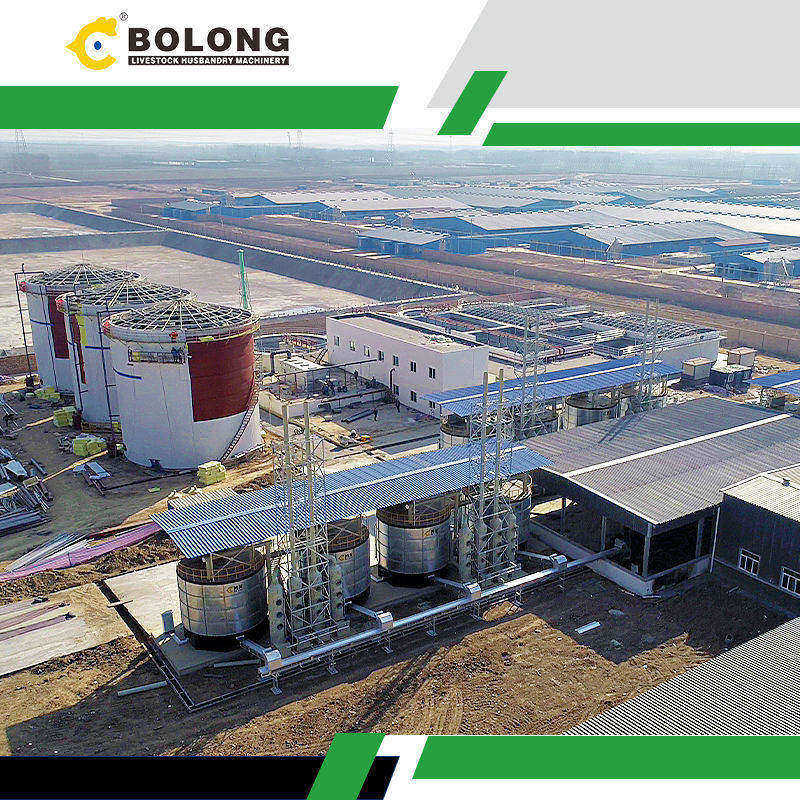
2021/11/16/ · The new 6-acre Otay composting facility is permitted to process 200 tons/day (tpd) of green waste and residential and commercial food waste. Republic selected the SG Mobile ® System with GORE ® Covers powered by the SG Solar™ Power Solution, supplied and installed by Sustainable Generation. SCS Engineers provided design
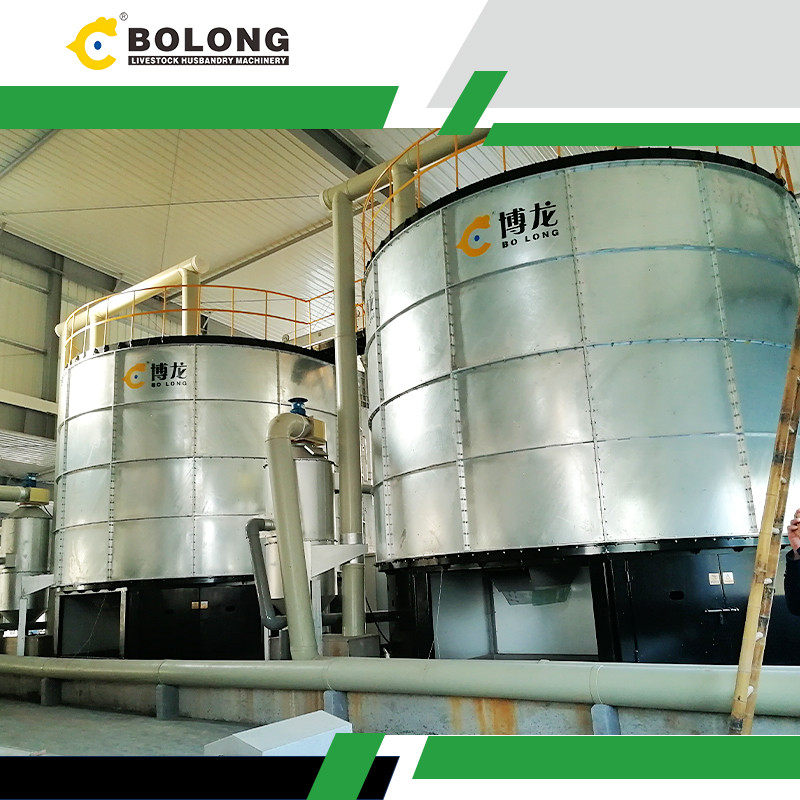
2024/3/7/ · The optimal temperature for your worm bin is between 55°F and 77°F (13°C to 25°C). This range keeps the worms active and healthy, allowing them to digest waste more efficiently. It's important to place your bin in a location where temperature extremes, both hot and cold, can be avoided to maintain this ideal range.

Step 3: Setting Up the Blower. Prepare the site by either digging a trench for the pipe from the inside of the compost to the outside of the bin, or if you have a cement floor, create a hole in the wall big enough for your PVC pipe to fit through. Remove the nozzle of the leaf blower leaving only the base.
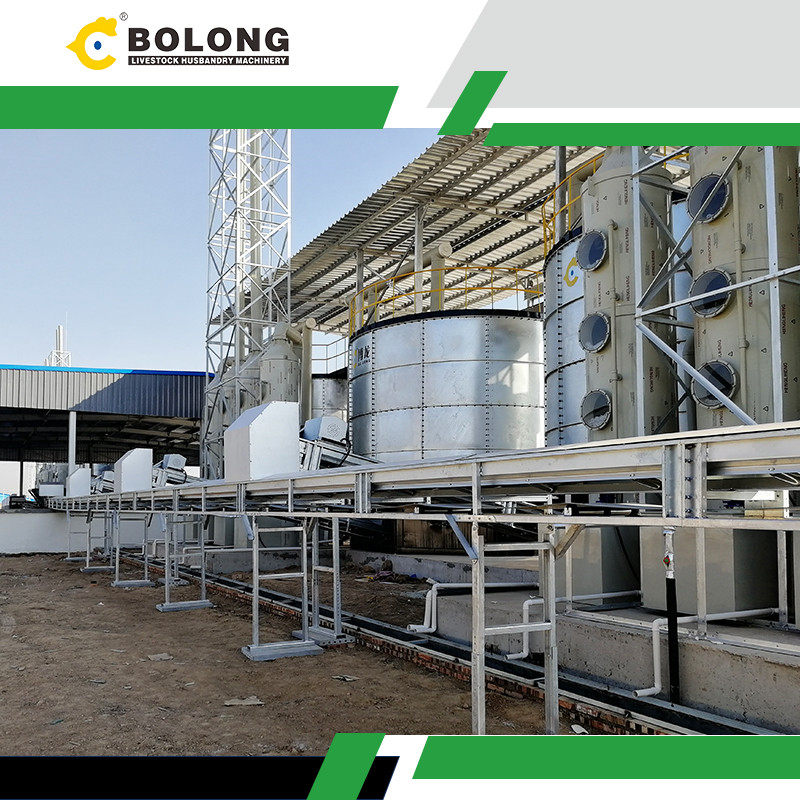
2023/12/11/ · The three-bin composting method is a systematic approach to composting that involves the use of three separate bins or compartments to manage the various stages of the composting process. This is how this system typically works: Bin 1 – Collection: Fresh organic waste materials are collected in the first bin.

2022/9/30/ · If you don’t already have a compost system to process food scraps, a compost machine can benefit the environment by reducing how much trash is trucked to landfill.
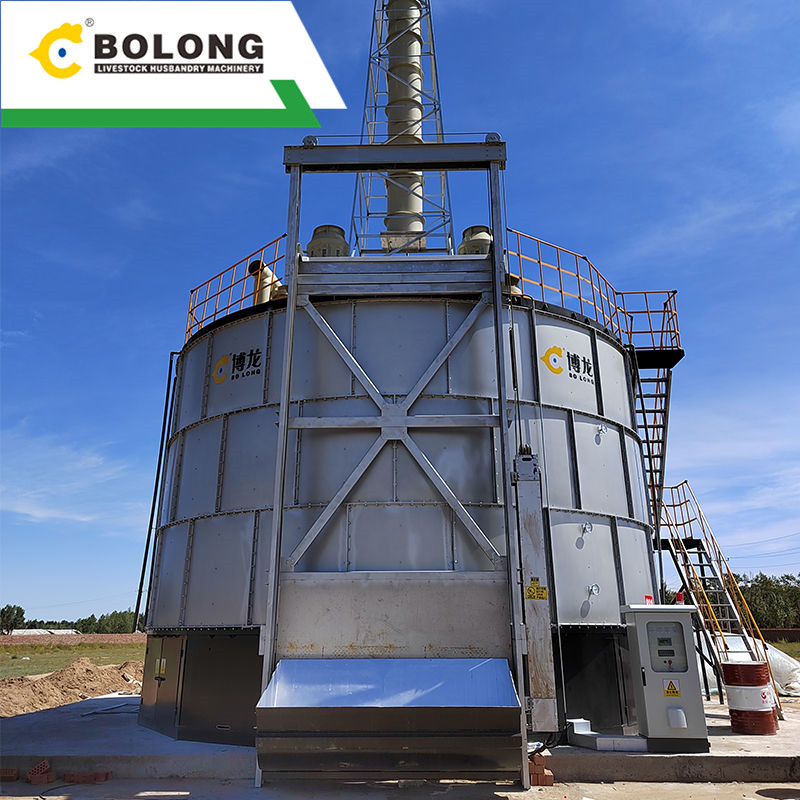

2023/5/19/ · 4. Comparing Bin-Based And Tumbler Systems. When deciding on the right composting system, it’s important to compare the two main types: bin-based systems and tumbler systems. Both have their own set of advantages and disadvantages, so understanding how they differ can help you choose which one is best for your needs.
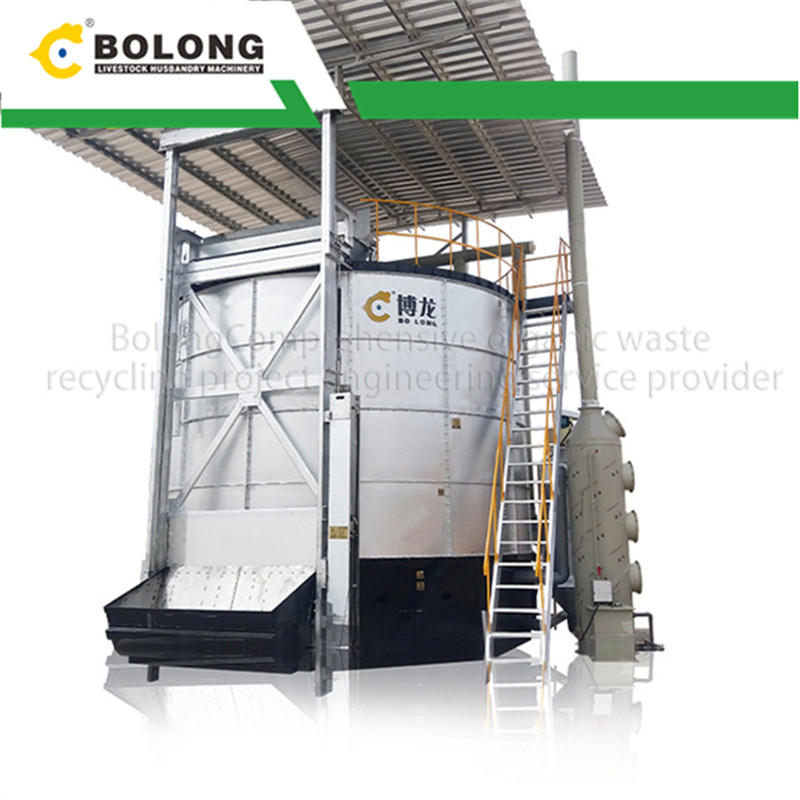
A more sophisticated way to use the 3-bin system is to turn the contents from bin to bin. This is how you’d use the system when hot composting. Basically, you’d follow these steps: Step #1: Add organic wastes to bin A until it’s

2024/5/21/ · Washington State University (WSU) researchers received a $2.5 million grant from the Washington State Department of Ecology to study emissions of volatile organic compounds, methane, and carbon dioxide gas from composting. Emissions will be measured in aeration ducts and on compost pile surfaces. The data will be used by state

Tel: (206) 634-2625. Fax: (206) 634-1309. info@compostsystems.com. First Name. Last Name. Email Address. Message. Please add me to your monthly newsletter. Green and food waste composting with reversing aerated static pile and turned aerated static pile systems.


2022/5/12/ · The basic steps for composting are: Layering. Watering. Turning. Repeating. Begin by building your compost bin on well-drained soil. I laid a layer of flagstone and gravel in my bin, to aid with drainage. Fill your backyard compost bin with a 6-inch layer of “brown” matter and a 2- to 3-inch layer of “green” matter.
